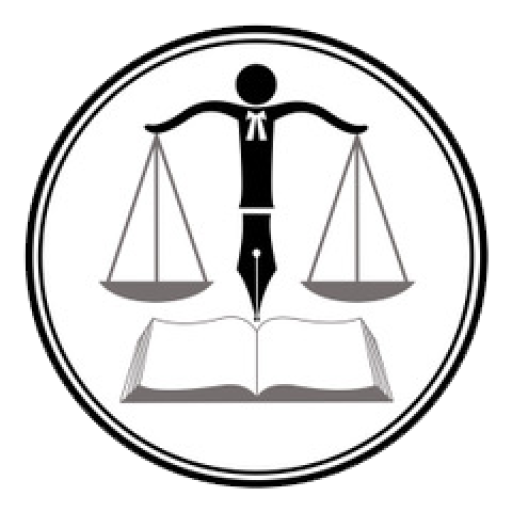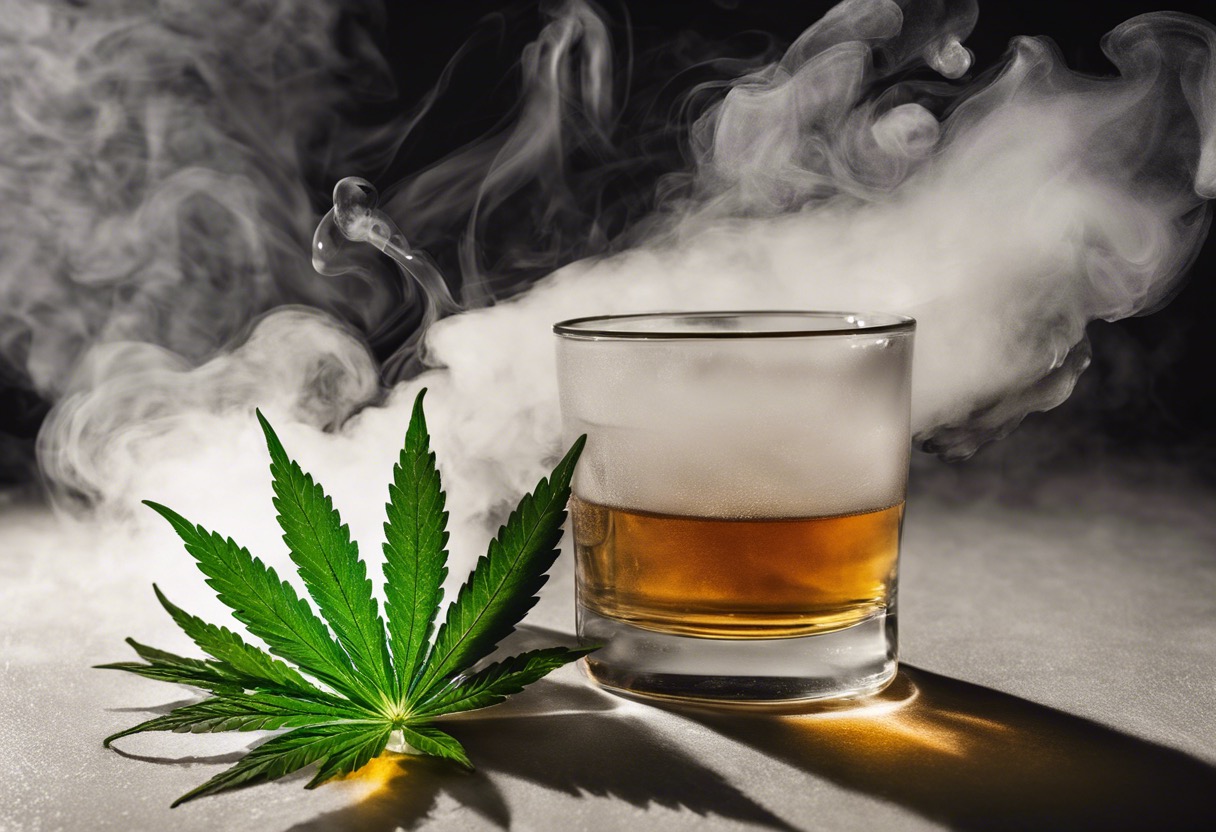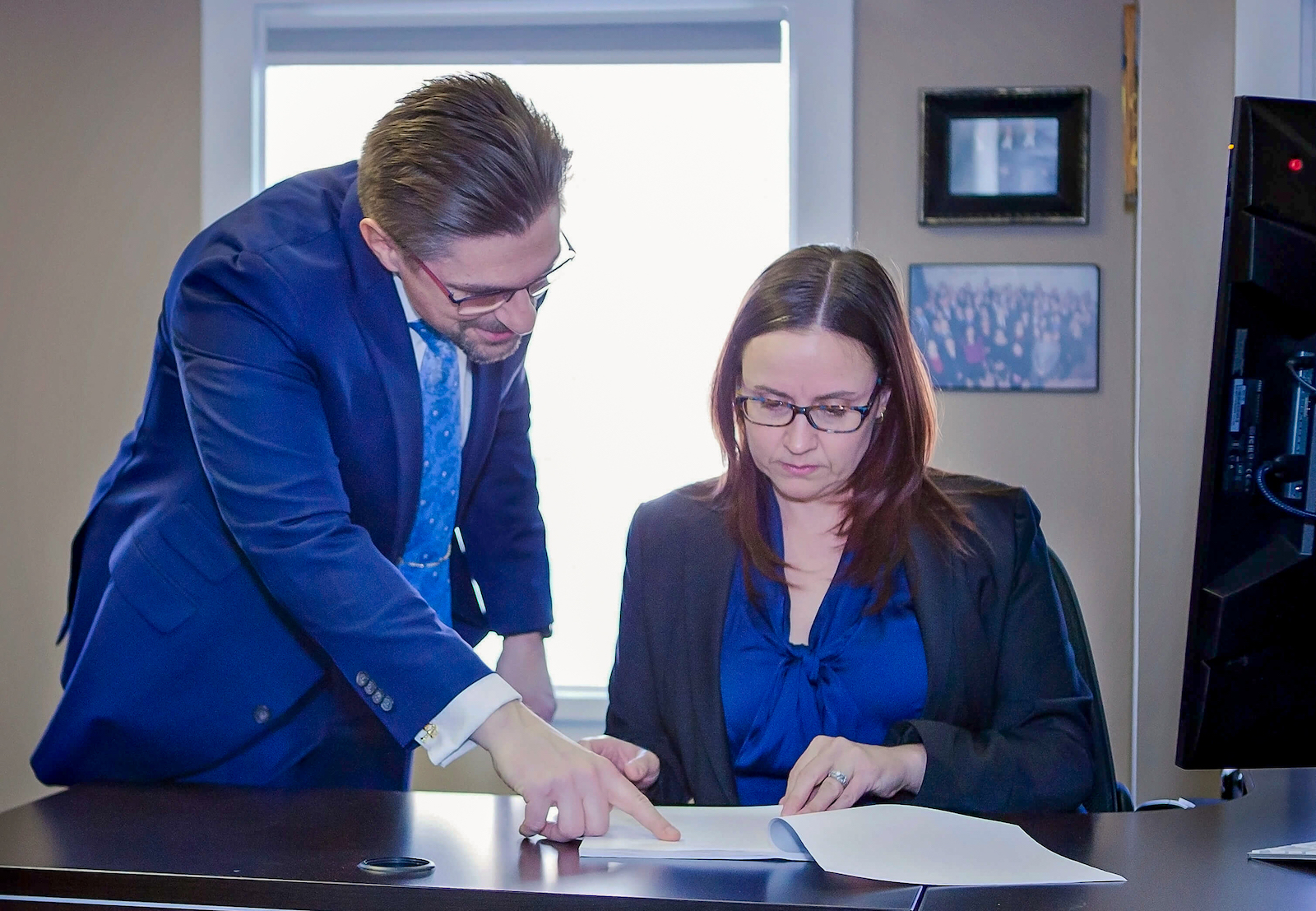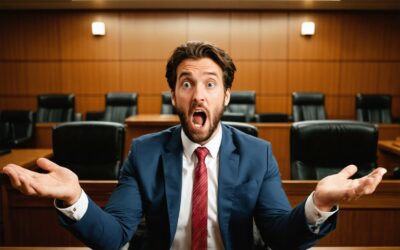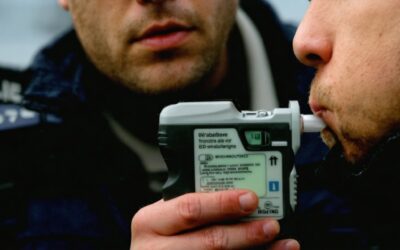This week’s top three summaries: R v JB, 2024 ONCA 465: s.276 #mistaken belief, R v Jacques-Taylor, 2024 ONCA 458: s.11(b) #joint prosecution, and R v Neville, 2024 ABCA 191: Crown appeal #limits.
R v JB, 2024 ONCA 465
[June 12, 2024] s.271: Honest but Mistaken Belief in Consent – Judge’s Obligation to Charge the Jury [S.E. Pepall, Thorburn, J. George JJ.A.]
AUTHOR’S NOTE: Ensuring the jury receives proper instructions is fundamentally the trial judge’s responsibility. Regardless of any errors or missteps by the counsel, it is the trial judge who must ensure the jury is accurately instructed on all plausible defenses that cross the threshold of an air of reality.
In this particular case, the trial judge neglected to present the defense of an honest but mistaken belief in consent to the jury. This omission occurred partly because the defense counsel had stated that this was not their chosen defense. However, the law requires that, even if defense counsel dismisses a particular defense, the judge must still present it to the jury if it has a legitimate basis.
Ultimately, the judge’s duty to provide a comprehensive and accurate jury charge supersedes the defense counsel’s strategic decisions. This ensures that all potential defenses supported by evidence are considered by the jury.
OVERVIEW
[1] The appellant appeals his conviction for sexual assault after trial by jury and seeks a new trial. He claims the trial judge erred by not putting the defence of honest but mistaken belief in consent to the jury. He also claims the trial judge erred in failing to correct improper comments made by the Crown in closing submissions and in imposing a sentence that was excessive.
THE EVIDENCE
Undisputed Facts
[3] The complainant met the appellant for the first time at a bar where she and her friend were having a few drinks. The complainant came back to the appellant’s home and she and the appellant and their friends consumed some marijuana. The evidence at trial was that the complainant consumed up to 350 ml of rum, approximately three shots of tequila, and some marijuana.
[4] After they smoked marijuana, the appellant picked the complainant up and carried her downstairs. They both testified that she was laughing. He placed her on the couch. He kissed her and she remembered kissing him back several times.
[5] He told her to take something to wake up as she was sleepy. She said no, and he told her he was fine with that and went upstairs.
The Appellant’s Evidence
[6] The appellant said that he told the complainant he wanted to have sexual intercourse to which she replied, “What are you waiting for?” The appellant said he went upstairs to get a condom and returned. He testified that the complainant actively participated in sexual intercourse with him and was at some points on top of him, until he noticed that she was tired:
Right after we got into that third position, I noticed she – like, she looked drowsy. And I saw – saw her neck go like that, and I tried to wake her up. She persisted to, like, want to roll over on her side. And at that point, I said, “I’ll be right back.” I put a blanket over her.
The Complainant’s Evidence
[8] The complainant testified that after the appellant carried her downstairs he left the room and went upstairs. When he returned, the appellant asked her if she wanted to have sex. In response, the complainant did not say yes or no. The complainant said that a few minutes later the appellant again asked her if she wanted to have sexual intercourse. She testified that she had difficulty remembering what happened after the appellant returned from upstairs:
Everything feels, in terms of my memory from that point, everything feels very like a flashback moments of – of memory that are coming back. That have come back now, and it was like one minute I had like awareness, a vague awareness of what was happening, and then another minute it’s just black, and I don’t – I don’t remember, and I don’t know. So in terms of, yeah, the awareness of my – and my understanding, that – that’s what I knew where there’s moments where either I could hear or occasionally see what was going on, but then there were other moments where I just – I had no idea.
[9] At trial, when asked by Crown counsel, “What happened between those two times he asked?”, she replied, “I don’t recall. I can’t – I can’t remember the sequence of events of when I – I remember he had asked and then he had asked again, but I can’t remember the sequence of events as to what happened in between.” She also agreed with defence counsel that, “during the sexual encounter, there may be times where [she was] awake, but [doesn’t] recall what happened”.
[10] The Crown’s position was that the complainant did not consent, had passed out during sexual intercourse, and lacked capacity at the material times.
ANALYSIS
[11] The sentencing judge noted that there were two theories on which the jury could have convicted the appellant: (1) that the complainant never did, and never was able to consent to the sexual intercourse; or (2) that the complainant was able to and did consent but lost the capacity to consent during the sexual intercourse.
[12] The trial judge asked defence counsel prior to giving her jury charge: “I just want to confirm on the record, so your client is not wishing to submit that an honest but mistaken belief in communicated consent should be left with the jury?” Defence counsel replied that the only defence was consent. [Emphasis by PJM]
[13] As the Supreme Court noted in R. v. Cinous, “[a] trial judge must put to the jury all defences that arise on the facts, whether or not they have been specifically raised by an accused. Where there is an air of reality to a defence, it should go to the jury”: 2002 SCC 29, [2002] 2 S.C.R. 3, at para. 51; see also R. v. Mayuran, 2012 SCC 31, [2012] 2 S.C.R. 162, at para. 20; Criminal Code, R.S.C. 1985, c. C46, s. 265(4). The object is to provide the jury with the necessary tools to reach a decision on the evidence adduced at trial: R. v. Rodgerson, 2015 SCC 38, [2015] 2 S.C.R. 760, at paras. 50-54.
[14] Whether or not there is an air of reality to a defence is a question of law: Cinous, at para. 55. A defence has an air of reality if “the evidence put forward is such that, if believed, a reasonable jury properly charged could have acquitted”: Cinous at para. 60, quoting R. v. Osolin, [1993] 4 S.C.R. 595, at p. 682.
[15] A defence of honest but mistaken belief in consent is a denial of the mens rea of sexual assault: R. v. Ewanchuk, [1999] 1 S.C.R. 330, at paras. 42-44. The honest but mistaken belief must be that the complainant “actually communicated consent, whether by words or conduct”: R. v. Barton, 2019 SCC 33, [2019] 2 S.C.R. 579, at para. 91 (emphasis in original).
[16] The court will consider the complainant’s actual communications and the evidence “explaining how the accused perceived that behaviour to communicate consent”: Barton, at para. 91, quoting R. v. Park, [1995] 2 S.C.R. 836, at para. 44, per L’Heureux-Dubé J. (emphasis in original). Section 273.2 of the Criminal Code provides that reasonable steps must have been taken to ascertain consent and that there must be evidence of words or conduct by which the complainant expressed consent: see Barton, at para. 104.
[17] For there to be an “air of reality” to the defence of honest but mistaken belief, there must be: “(1) evidence of lack of consent to the sexual acts; and (2) evidence that notwithstanding the actual refusal, the accused honestly but mistakenly believed that the complainant was consenting”: R. v. Esau, [1997] 2 S.C.R. 777, at para. 14, quoting Osolin, at pp. 648-49, per McLachlin J. An absence of memory on the part of the complainant as to what happened may make it “easier to ‘cobble together’ parts of both the accused and complainant’s evidence to reach a reasonable conclusion of honest but mistaken belief”: Esau, at para. 19. [Emphasis by PJM]
[18] In this case, the appellant testified that the complainant was an active and willing participant in sexual intercourse, was on top of him, and as soon as he realized the complainant was falling asleep, he stopped and put a blanket on her.
The complainant admitted that although she remembered the appellant asking her if she wished to engage in sexual intercourse, she did not remember all that happened and that, during the sexual encounter, there may have been times where she was awake, but she does not recall what happened. The complainant agreed that the appellant had not caused her any physical injuries.
[19] On this evidence, the trial judge herself properly raised the issue because there was evidence from the complainant that she did not consent to the sexual acts and evidence that, if believed, the appellant honestly but mistakenly believed the complainant was consenting. Moreover, there is some possibility of cobbling the two stories together given the complainant’s evidence that, “there’s moments where either I could hear or occasionally see what was going on, but then there were other moments where I just – I had no idea”.
CONCLUSION
[20] For these reasons, we find that there was an air of reality to the appellant’s defence of honest but mistaken belief in consent until such time as the complainant passed out or fell asleep, at which point he stopped. This defence therefore should have been put to the jury for their consideration.
[21] In view of our decision on the issue of honest but mistaken belief in consent, there is no need to address the remaining grounds of appeal – the Crown’s remarks in closing submissions, and sentence.
[22] For the above reasons, the appeal is allowed and a new trial is ordered.
R v Jacques-Taylor, 2024 ONCA 458
[June 11, 2024] Charter s.11(b): Crown Decision for Joint Prosecution [M.L. Benotto, L. Favreau, L. Madsen JJ.A.]
AUTHOR’S NOTE: Crown decisions during prosecution do not need to be unlawful or unjustified to contribute to an unreasonable delay under section 11(b) of the Canadian Charter of Rights and Freedoms. Even lawful decisions by the Crown can lead to delays that may be deemed unreasonable if they impact the timeline of the trial.
The critical question is whether the delay can be attributed to the Crown’s actions and not solely to the defense. For instance, the Crown’s decision to prosecute defendants jointly often results in additional delays due to the complexities of coordinating multiple defenses.
Under the Supreme Court’s Jordan framework, the Crown is obligated to manage such delays proactively. This includes exploring other options to ensure that the trial proceeds within the specified timelines. If joint prosecution threatens to extend the trial beyond the permissible period, severing the cases might be necessary to comply with the required time limits. This underscores the Crown’s duty to balance the efficient administration of justice with the rights of the accused to a timely trial.
[2] Mr. Jacques-Taylor and three co-accused were charged with a series of firearms offences following a RIDE stop when two loaded firearms were found. The information was sworn on November 18, 2021.
[3] On July 6, 2022, the parties attended Blitz Trial Scheduling Court to set a trial date. The trial coordinator offered August 8, 2023. Counsel for the co-accused was not available. September 2023 was considered but counsel for Mr. JacquesTaylor was not available. The trial coordinator offered October 2, 2023, which all parties accepted. This date was 22 months and 2 weeks after the information was sworn and 55 days after the first trial date offered, August 8, 2023.
[4] The application judge concluded that the net total delay was 18 months and 2 weeks, placing it two weeks over the presumptive 18-month Jordan ceiling: R. v. Jordan, 2016 SCC 27, [2016] 1 S.C.R. 631. In coming to this conclusion, he deducted only the month of September 2023 as defence delay, when respondent’s counsel was not available. He also deducted three months to account for the COVID-19 backlog in the court system.
[8] In declining to deduct the delay arising from a co-accused’s unavailability, the application judge referred to this court’s decision in R. v. Gopie, 2017 ONCA 728, 140 O.R. (3d) 171, where the Crown argument “that delay by one accused should be attributed to all”, was rejected. This court held instead that, “an individualized approach must be taken to the attribution of defence-caused delay in cases of jointly-charged accused”: at para. 128. The application judge in this case found as fact that the co-accused did not proceed as a collective. This finding is supported by the evidence and entitled to deference: see Gopie, at paras. 128- 136.
[9] The application judge did not require the Crown to sever. On the contrary, he referred to this as an “unpalatable” option, but recognized there were “tools” available to address the delay, particularly in the face of the respondent’s stated intention in July of 2022 to bring an 11(b) application.
[10] We see no error in the application judge’s conclusion.
[11] The appeal is dismissed.
R v Neville, 2024 ABCA 198
[June 11, 2024] Crown Appeals: the Crown may Only Appeal an Error of Law [Reasons by Feth J.A. with Jack Watson and Dawn Pentelechuk JJ.A. concurring]
AUTHOR’S NOTE:When the Crown disagrees with a judge’s decision to acquit an accused, it cannot appeal based merely on differing interpretations of the facts. For the Crown to successfully appeal, there must be a demonstrable error of law in the judge’s ruling.
[1] This is a Crown appeal of acquittals on three sexual charges involving a 14-year-old complainant.
[2] The respondent accused was living in the basement of the complainant’s home, which she shared with her father and stepmother, and the alleged offences consisted of groping over and under the complainant’s clothing over a two-week period. The complainant stated that after exchanging text messages with the respondent, she would sneak down from her upstairs bedroom into the basement to watch movies with the respondent and “cuddle”. She added that both the text messages and the touching became increasingly sexual in nature over time.
[3] The respondent testified denying the offences and his denial went unchallenged in crossexamination.
[4]…While the trial judge found the complainant to be bright, articulate, and forthright, internal inconsistencies in her evidence and reliability concerns about her explanations provided to the investigator raised a reasonable doubt about the allegations.
[5] On appeal, the Crown argues that the trial judge erred in making findings relating to the complainant’s credibility which were not founded in the evidence, and in drawing inferences based on speculation which were material to his conclusions about the allegations made by the complainant.
[6] An appeal of an acquittal must be based on an error of law, reviewed on a standard of correctness. The Crown’s burden is a heavy one; it is “only where a reasonable doubt is tainted by a legal error that appellate intervention in an acquittal is permitted”: R v JMH, 2011 SCC 45 at para 39, [2011] 3 SCR 197; R v ARD, 2017 ABCA 237 at para 24, 422 DLR (4th) 471 [ARD].
[7] “Whether a witness is credible is a question of fact, not law”: ARD at para 28. As recently stated in R v Kruk, 2024 SCC 7 at para 82 [Kruk]:
Credibility and reliability findings typically do not engage errors of law, as at their core they relate to the extent to which a judge has relied upon a particular factor and how closely that factor is tied to the evidence. Although such findings may be overturned on correctness if errors of law are disclosed, in most cases it is preferable to review them using the nuanced and holistic standard of palpable and overriding error – which defers to the conclusions of trial judges who have had direct exposure to the witnesses themselves.
[8] We have reviewed the record and the reasons of the trial judge relating to the Crown’s arguments that credibility findings were made based on no evidence and speculation. We are not persuaded that the Crown has raised or demonstrated a legal error in this matter, and the credibility findings made by the trial judge are owed deference.
[9] We reiterate the observations recently stated in Kruk at paragraph 81. Assessments of credibility and reliability are the most important and among the most difficult decisions in a criminal trial, especially in “sexual assault cases, which often involve acts that allegedly occurred in private and hinge on the contradictory testimony of two witnesses. The trial judge, while remaining grounded in the totality of the evidence, is obliged to evaluate the testimony of each witness and to make determinations that are entirely personal and particular to that individual”. Such assessments are also “context-specific and multifactorial: they do not operate along fixed lines and are ‘more of an ‘art than a science’’”.
[10] The trial judge’s evaluation of the complainant’s testimony in this matter was evidencebased and context-specific. The reasons show a clear nexus between the facts found by the trial judge and his assessment of her credibility and reliability. While the Crown may disagree with those assessments, no error of law has been raised or demonstrated.
[11] The appeal is dismissed.
